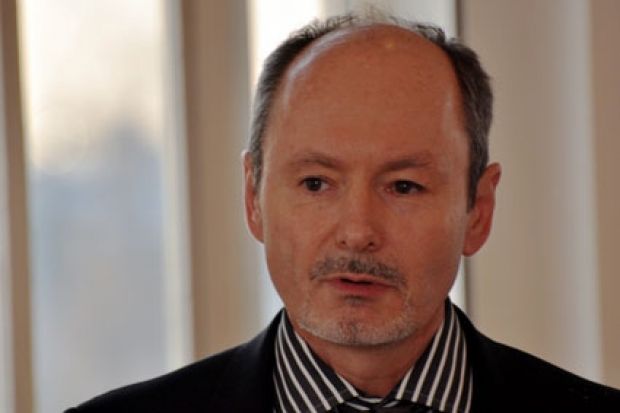Rod Bristow, president of Pearson UK, confirmed that the company was already in discussions with universities to accredit the degrees, while working with the government and the Quality Assurance Agency to secure its own degree-awarding powers.
On 14 December, the company announced that it will pilot four degrees in business, engineering, IT and health and social care next year.
A wider range of courses, including law, nursing and tourism, will be rolled out for new students by September 2012.
Mr Bristow said that Pearson, which owns the Edexcel examination board, could set up the degrees quickly because the process would only require creating additional “top-up” material for its level-five HND courses.
Mr Bristow said that the government welcomed the company’s attempts to establish a new kind of degree-awarding organisation.
“We have been very well received by the government…It can see that this could be really useful in terms of opening up higher education to a lot more people,” he said.
“The cost of higher education goes up as more and more people want to benefit from it. Increasingly, people are taking quite a pragmatic view of the benefits education can give them…all of these factors are leading to a need for improvements in access to vocational higher education.”
Pearson said it was confident that there would be demand for its degrees in light of the popular HNDs it already offered.
“For too long, education has been seen as either academic or vocational. That divide is a false one. We need practitioners who can think as well as thinkers who can act,” Mr Bristow said.
However, Sally Hunt, general secretary of the University and College Union, said the announcement was bad news for the academy.
“Further encouraging the growth of for-profit companies risks damaging the UK’s academic reputation and will raise serious questions about standards,” she warned.
